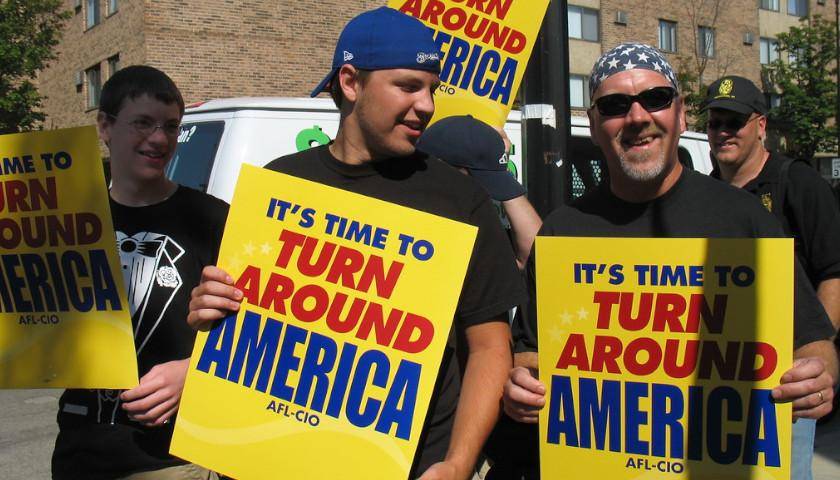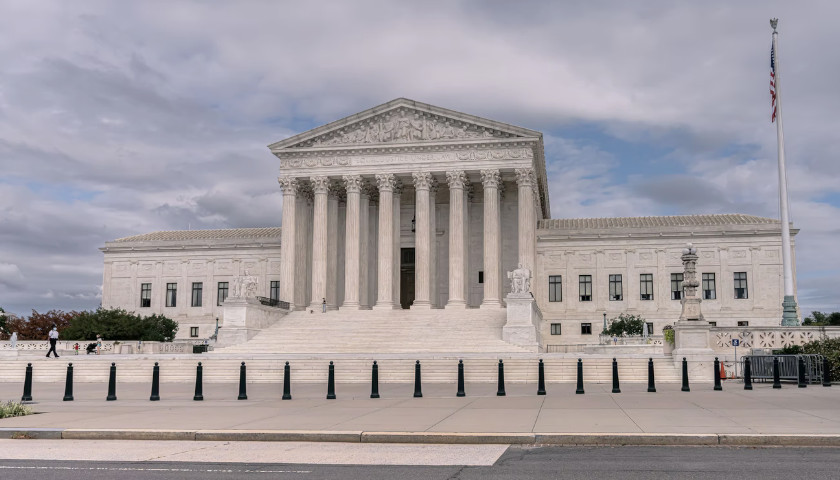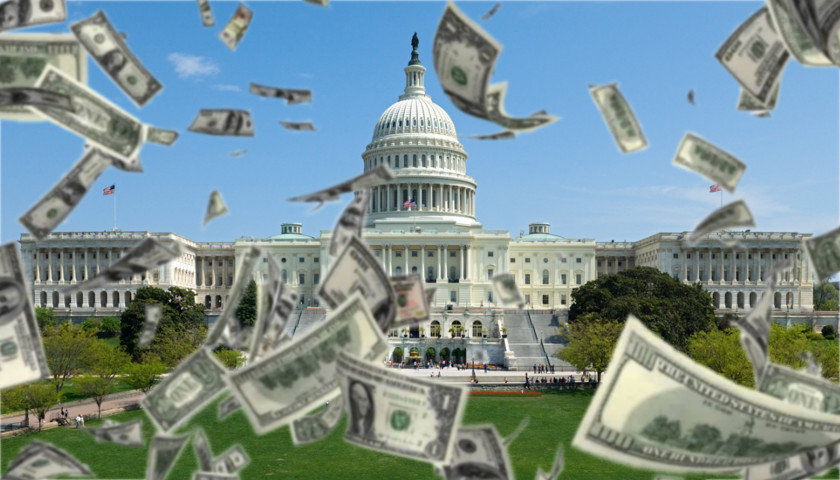The private sector hemorrhaged jobs in October while the federal government expanded its workforce to even bigger levels, according to data from the Bureau of Labor Statistics (BLS) released Friday.
The U.S. economy lost 28,000 private sector jobs while the federal government added 40,000, BLS data shows. The private sector job losses come amid a disappointing jobs report overall, with the country adding just 12,000 nonfarm payroll jobs — well below the 110,o00 economists expected.
Read More







